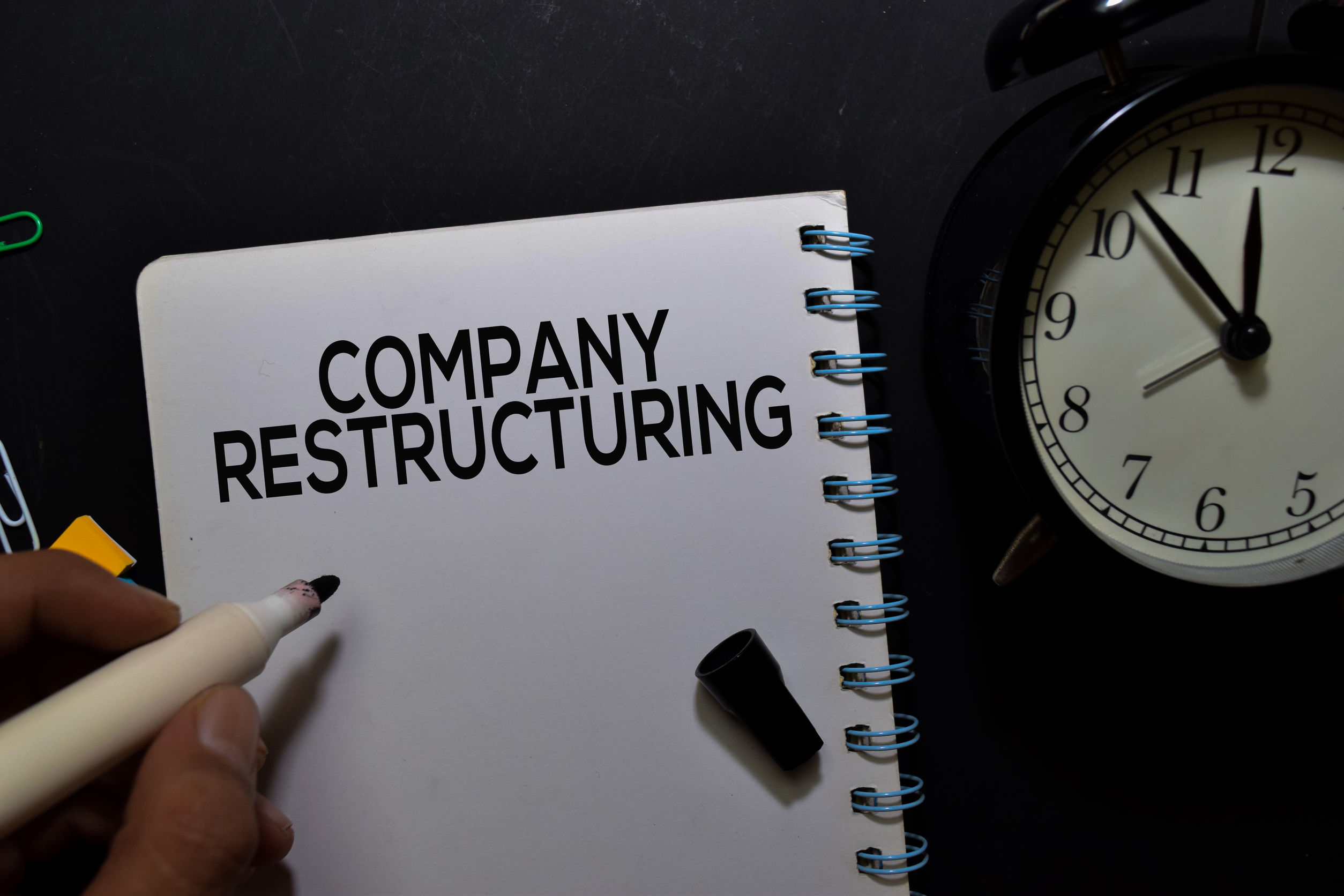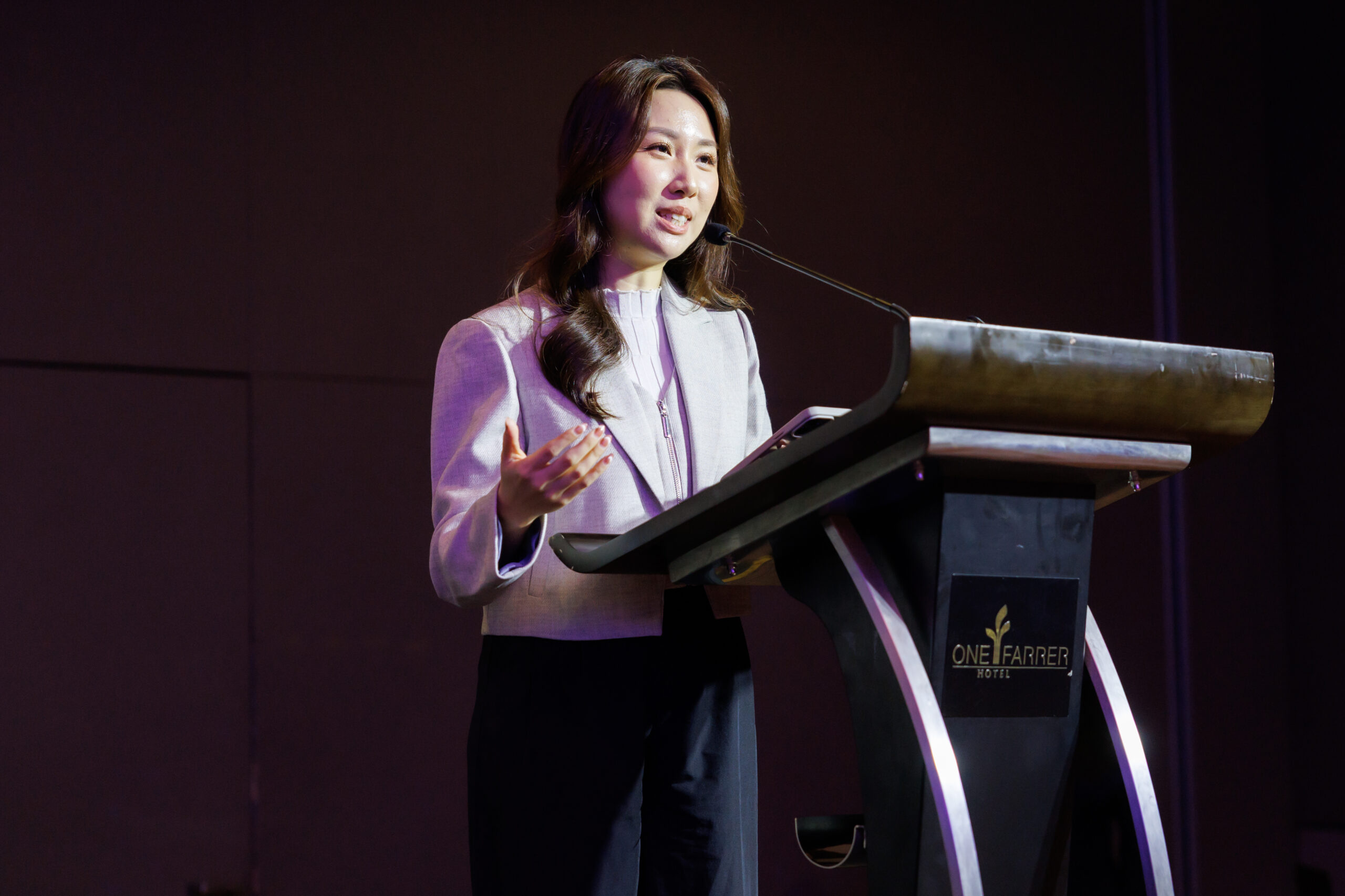Companies in South-east Asia prepare for business restructure
- Shawn Liew
- Topics: Asia-Pacific, Home Page - News, Job Cuts, News, Restructuring, Singapore, Southeast Asia

While still in its infancy, many companies are beginning to formulate their recovery strategies from COVID-19.
However, as more economies launch into the next phase of relaxed lockdown measures, what organisations plan to do differently post-pandemic also vary across markets based on the severity of business impact, according to a new survey by Korn Ferry.
In South-east Asia, 61% of companies are expecting significant (or worse) impact to their annual revenue this year, compared to 51% across Asia-Pacific and 50% globally.
This expectation, reported Korn Ferry, will see 67% of companies in ASEAN exercising more cost management, with 36% indicating that they will be restructuring their businesses, including 17% choosing salary freezes as their choice of wage control.
51% of companies in ASEAN also expect to re-train and re-skill existing staff with available capacity in new focus areas.
Mary Chua, APAC Rewards & Benefits Leader, Korn Ferry, said, “Organisations will continue to be challenged in having to deliver shareholder returns as soon as possible, yet having to invest for the future rapidly to capture new business growth.
“Many studies have shown that firms that have undergone the deepest cuts during a recession, with limited investment for the future, often take the longest time to recover, and some may never ever.
“Being able to balance planning for different time horizons under such uncertain times will certainly be keeping leadership awake at night for a while.”
In Singapore, 19% of companies have implemented salary cuts as of May 2020, an increase from 12% from the last pulse survey conducted by Korn Ferry in April 2020. This is higher than the regional average of 14% for ASEAN, and 17% globally.
Where the implementation of permanent staff layoffs and redundancies is concerned, 12% of companies in Singapore have considered doing so, compared to 19% for ASEAN, and 24% globally.
In terms of workforce management practices, 70% of companies in Singapore indicated that they will continue to operate more virtually after the crisis, and 50% said they will encourage more open, transparent and always-on, two-way employee communication.






